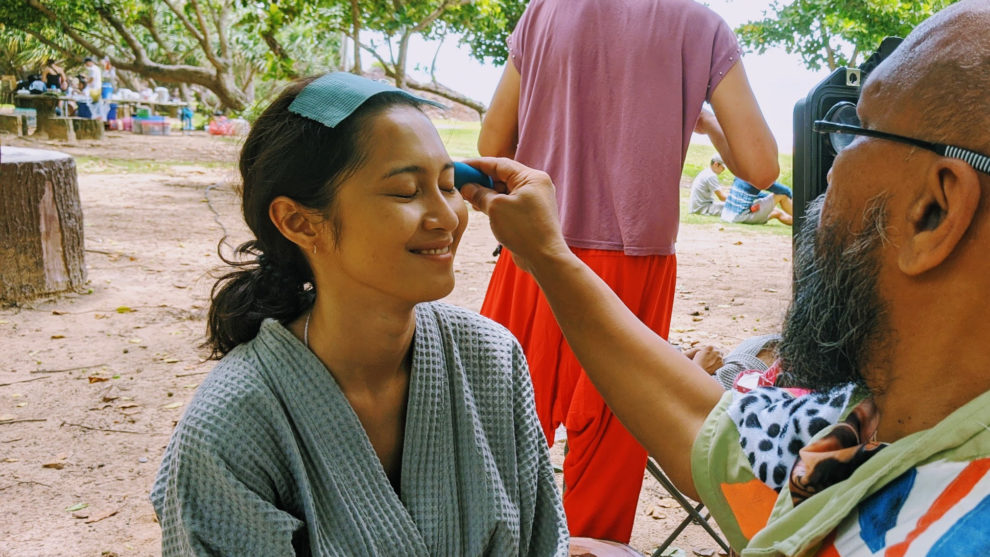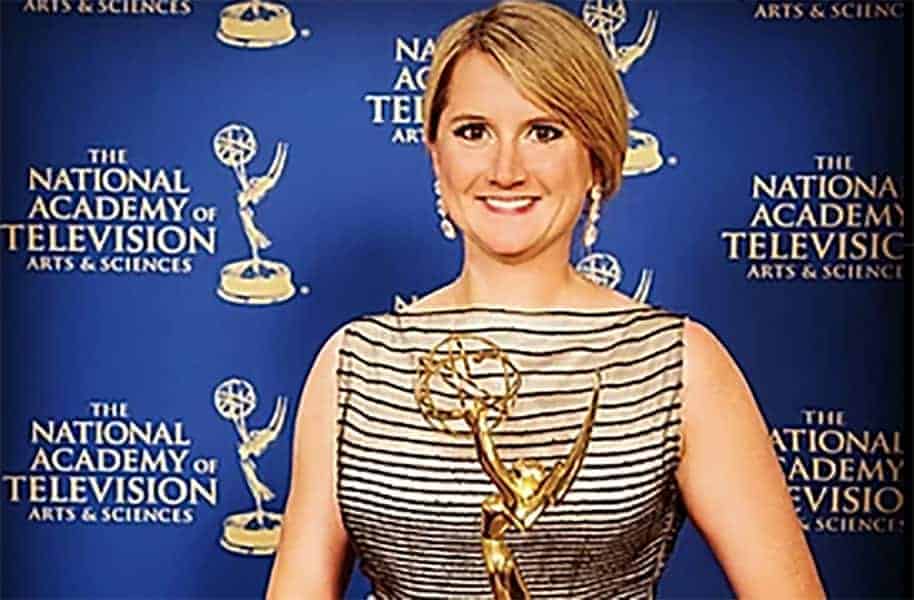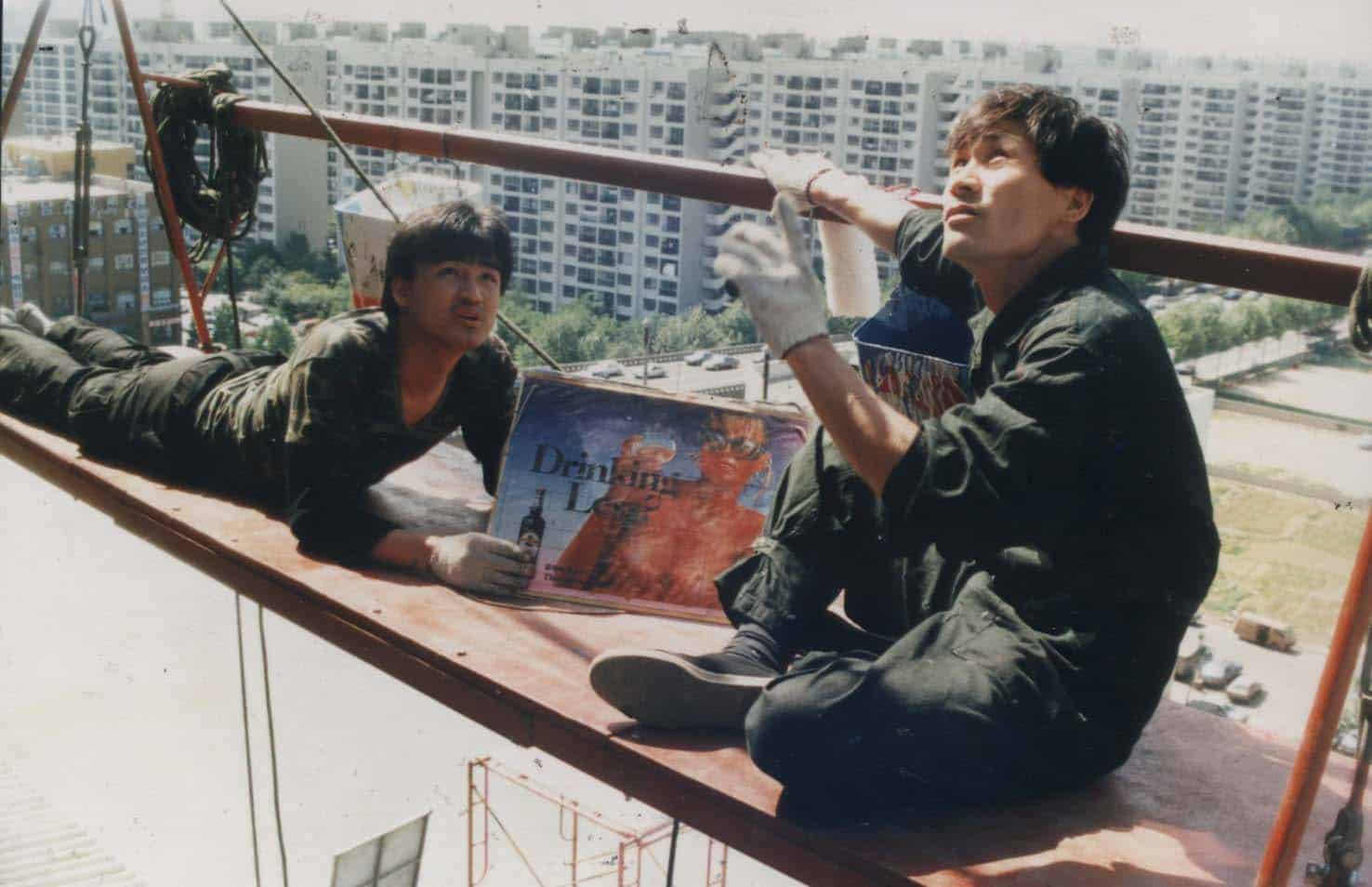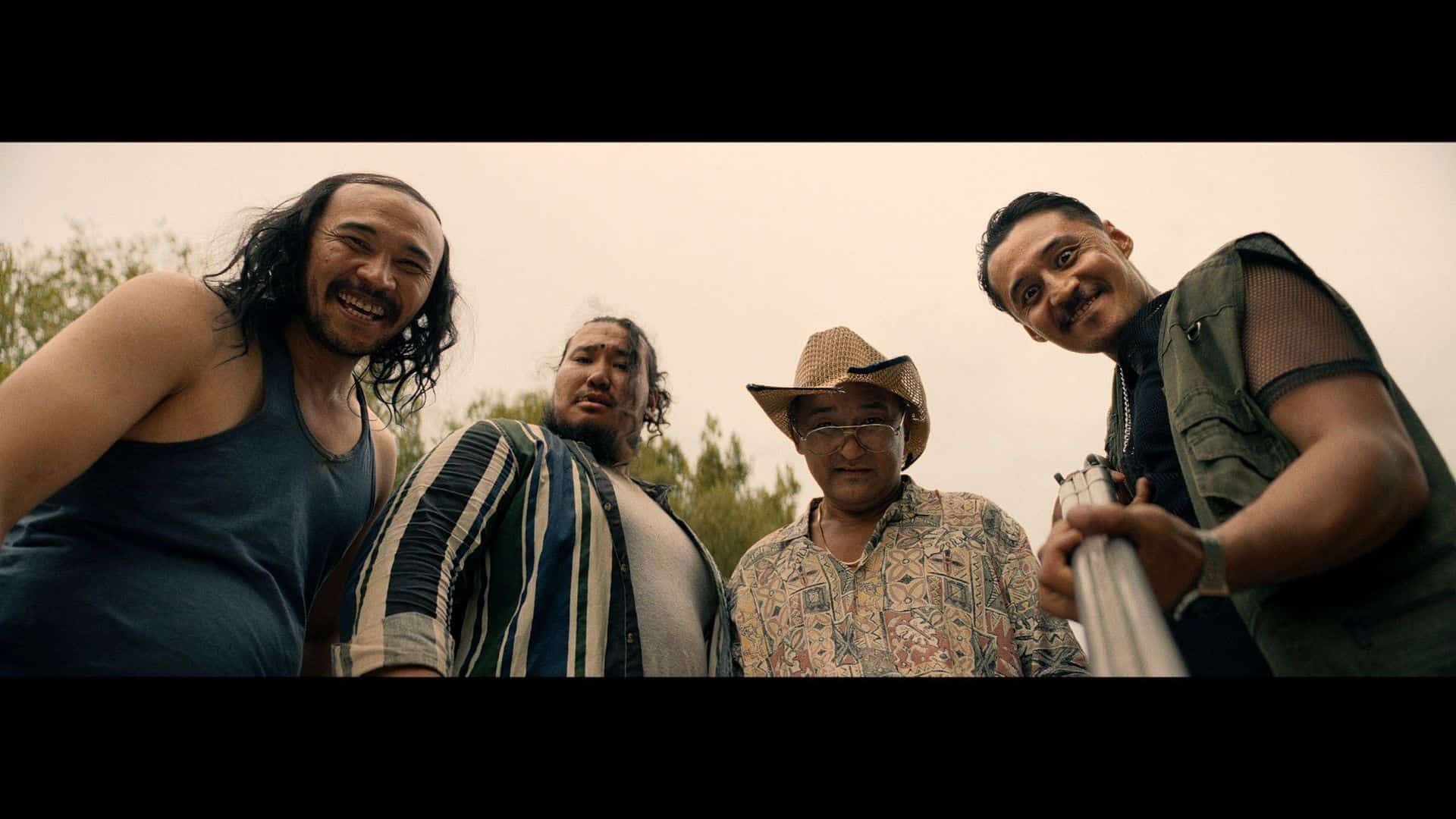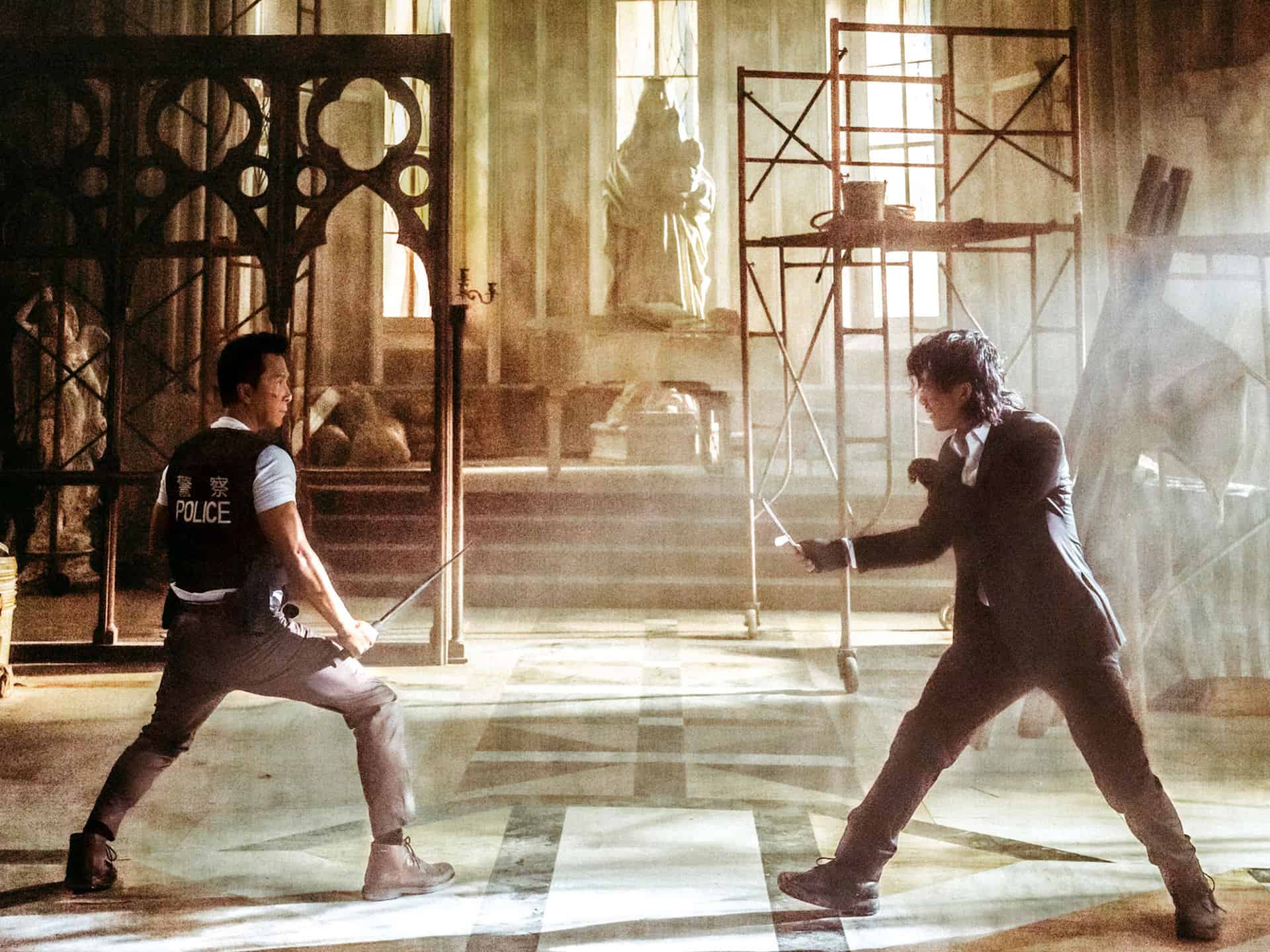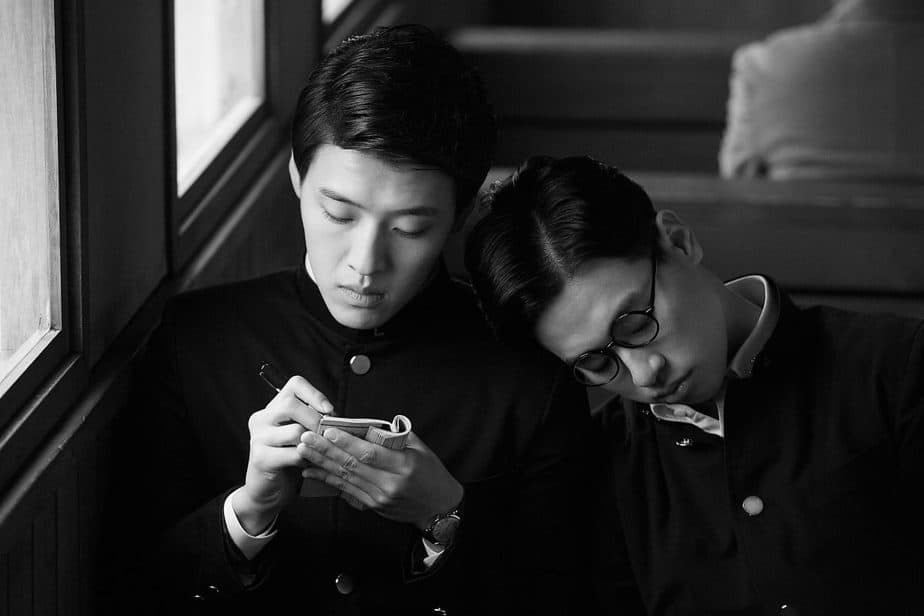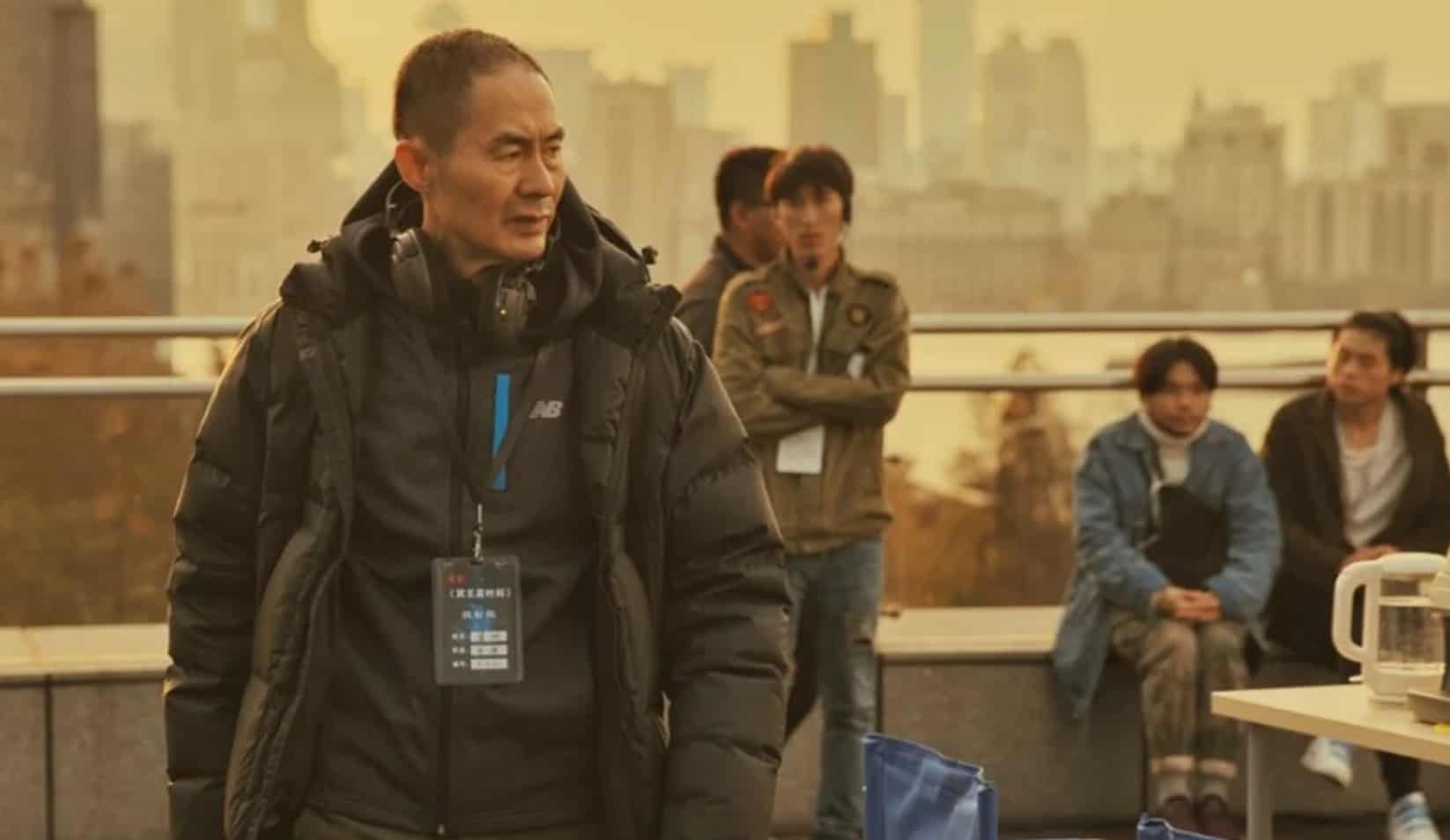When the Thai actress Prapamonton Eiamchan got her first role in Prabda Yoon's entangled, but visually strong live-action movie “Motel Mist” in 2016, she was a design student curious to experience something new. Five years and three other feature films later, she is on her way to become a star. With her latest role in Jakrawal Nilthamrong's drama “Wela-Anatomy of Time” which has just had its world premiere in Orizzonti competition of Venice Film Festival, she proves to be the name to watch for.
The film focuses on one woman whose loyalty to a rough husband with dark past at first seems incomprehensible. We experience Maem borh as a young person (Eimchan) and as the elderly lady (Thaveeratana Leelanuja) in different phases of submission to the man she fell for, and while she mainly remains silent, her actions are louder than vocalized thoughts or emotions, although difficult to explain.
We had the opportunity to sit down and talk about Prapamonton Eiamchan's strong performance in Nilthamrong's drama on the last festival day, often interrupted by the loud sound of helicopters and water taxis taking the movie stars to the airport.
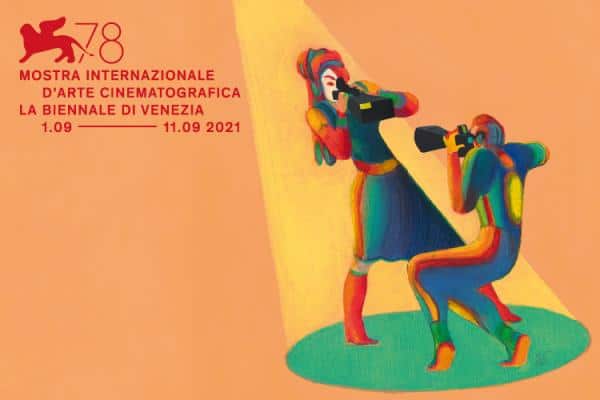
Can you briefly introduce yourself to our readers?
My name is Prapamonton Eiamchan, one of the lead actresses of Jakrawal Nilthamrong's live-action film “Wela-Anatomy of Violence”. I started acting only five years ago. Before my acting career, I studied arts and design, but when I accidentaly got my first role in Prabda Yoon's independent movie “Motel Mist” in 2016, everythign changed. That is how the whole thing started, because I felt very excited at the possibility of expressing myself in a different artistic way. I wanted to get deeper into acting, and shoot more movies.
What attracted you to this particular role?
Well, it was very simple. I went to an open casting and it was quite exciting because I wasn't supposed to be given the whole script, but only one particular scene to work with. Somehow, they were doing something wrong because I suddenly got the print of the whole thing, and I could read the full text. I found it very interesting.

How much did you know about the time your part of role is set in?
At first, I didn't know a lot, and besides, the script changed a bit since the first version that I have originally read. When I spoke to the director, he told me about the novel “Wela” (1994) written by Chart Korbjitti that inspired him for the film. I knew that the book was about his family's story. After WWII, the military tried to fight the communists in the country, and the military became very powerful. For me, the beginning was hard. That part of the history is not very accesible in the archives, and I wanted to do a side research. But I had many conversations with my grandmother who remembered the past and she helped me a great deal to understand what I was getting into. I did not only grew up in the big city, unlike the character that I was playing, there were many decades between us. So, our life styles couldn't be more different.
The biggest challenge was trying to understand a woman with a personality so much different from mine. And sometimes, Jakrawal was referencing his mother, because he also comes from a military family. Because of the story which is shown from a woman's perspective who lives in the shadow of a powerful man, it felt strange to slip into a role of someone who can't speak up her mind and find courage to change her life. Although she didn't know what exactly happened in her husband's past, she could sense what kind of person he was.
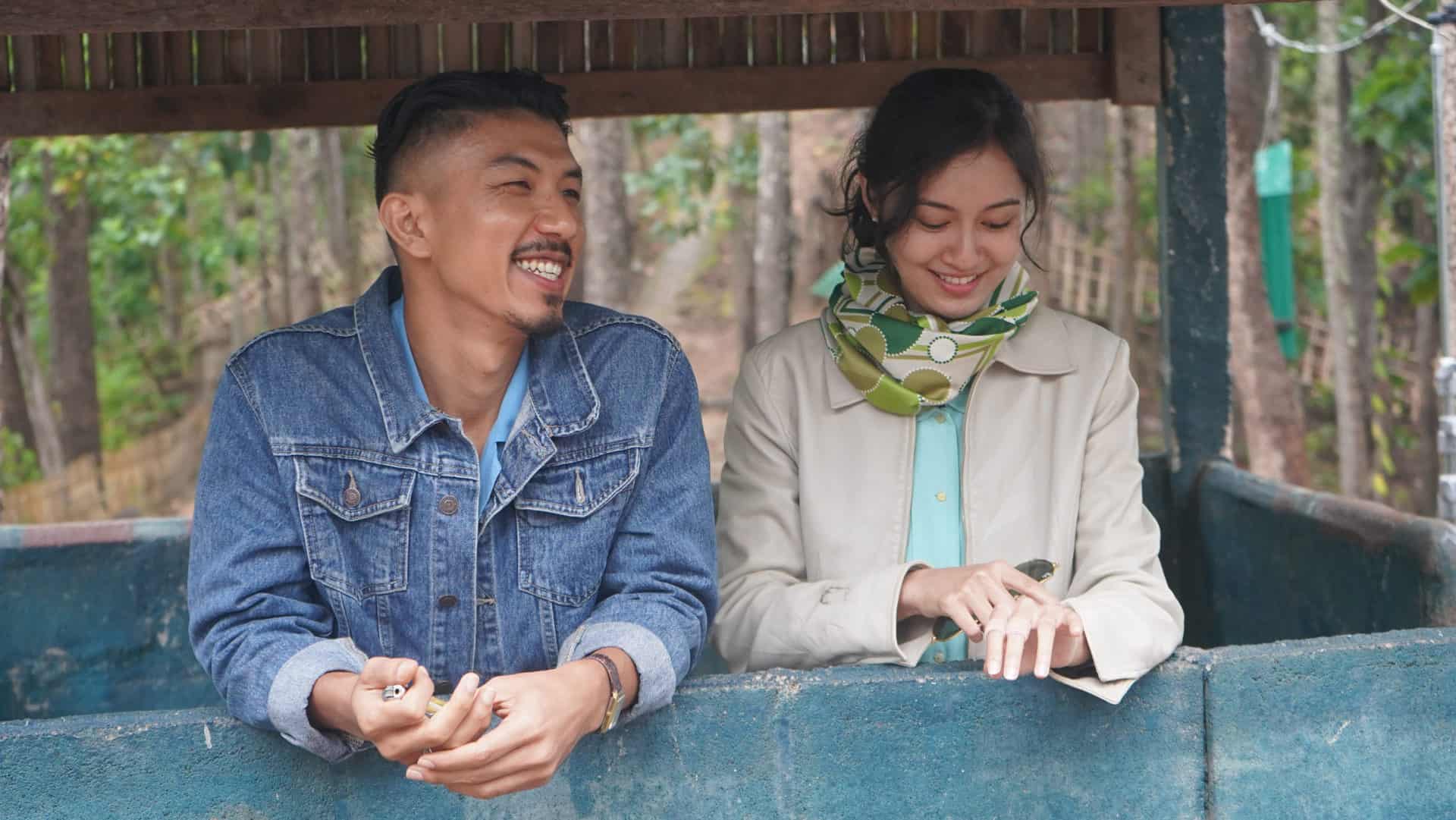
What are your impressions from the world premiere?
I think that the audience quite enjoyed the film. It is a very universal story, because many nations went through big traumas. Maybe “Wela” won't click that much with younger generations who haven't experienced anything similar and will not be able to comprehend why Maem remained in such a toxic marriage until the end, but I might be wrong.
The film was shot in two parts – all the scenes with Thaveeratana Leelanuja, who plays the aged Maem and with Sorabodee Changsiri, as the bed-ridden husband – were shot six months before yours and Wanlop Rungkumjad's. Did you have a chance of watching the previously filmed material before your started shooting your part?
Yes, and that material was very important for me to have a parger picture, and to grasp the complexity of Maem's character.


